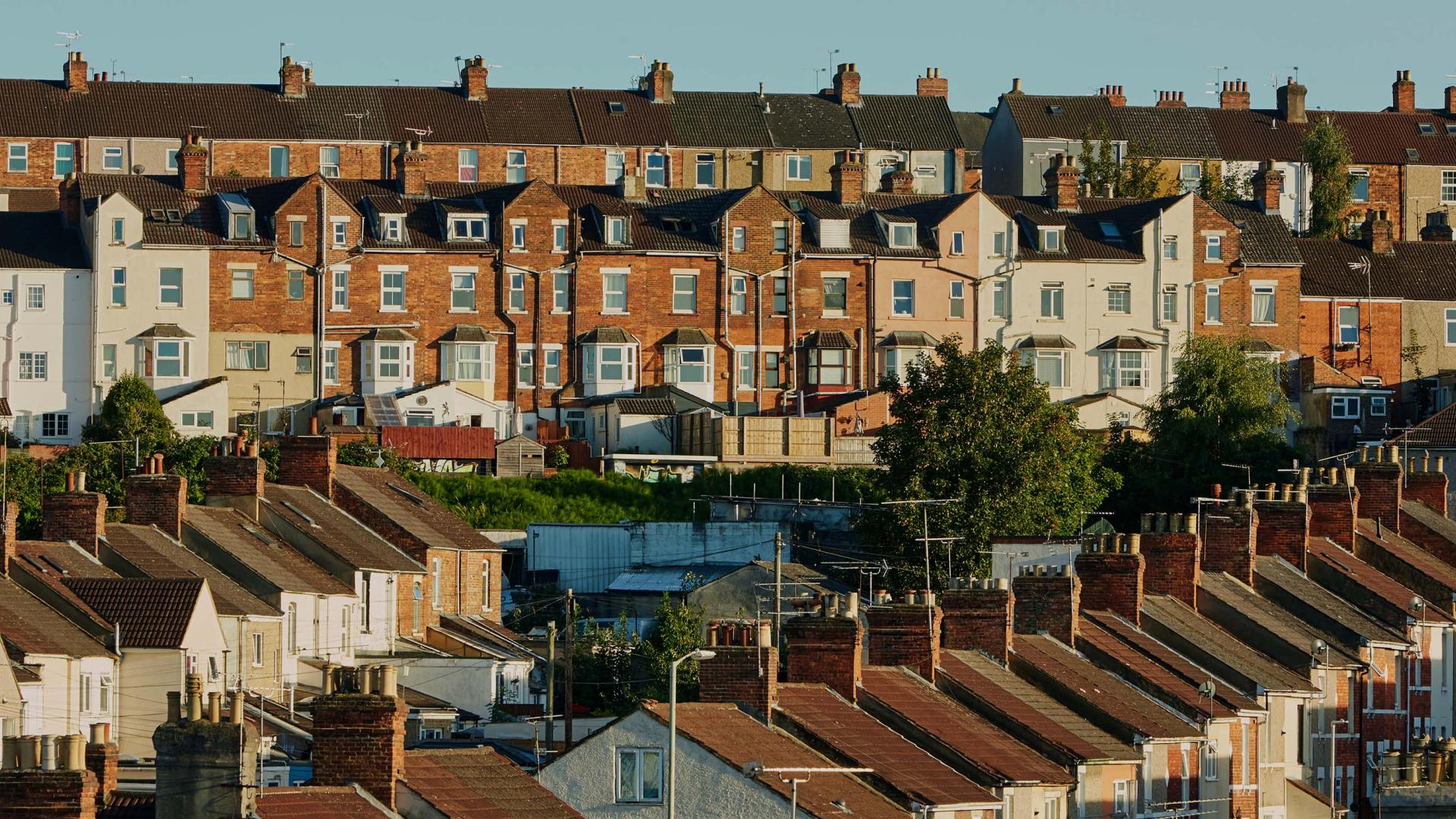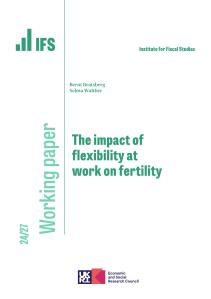What has the Labour Party proposed on mortgage guarantees?
The Labour Party has today pledged to make the current government mortgage guarantee scheme permanent if it wins power, as part of its 'Freedom to Buy' scheme. The existing scheme, due to end on 30th June 2025, allows mortgage lenders to purchase insurance against a portion of the losses they incur in the case of borrower default. The scheme is open to new mortgages worth between 91% and 95% of the value of the property, provided the property purchased is a primary residence and worth up to £600,000. The Labour Party had previously said it would introduce a “new, comprehensive mortgage guarantee scheme.” The aim is to make it more attractive for commercial lenders to offer mortgages for first-time buyers with deposits as low as 5% of the property value, compared to the more standard 10% minimum deposit.
What’s been happening to homeownership?
The context for this announcement is the large decline in homeownership rates of young adults in recent decades. Despite partially recovering since 2015-16, homeownership for those aged 25-34 is still a third lower than it was at the turn of the millennium. Higher house prices compared to young people’s incomes and a decline in high loan-to-value (LTV) lending after the financial crisis have combined to make it more difficult for young people to accumulate the deposit required to purchase a house.
These conditions bite harder for those looking to buy in high-price areas and for those who cannot rely on family help with a deposit. Previous IFS research has shown that over half of those with university-educated homeowning parents received financial help when buying for the first time, with receivers getting around £35,000 on average. This compares to 29% of those with renting parents getting help, with an average transfer of £11,000. Partly reflecting this, 25- to 39-year-olds whose parents were homeowners are now twice as likely to own a home than their peers whose parents rent.
Who might benefit from this proposal?
The mortgage guarantee scheme makes it easier for lenders to offer high loan-to-value mortgages (with lower deposit requirements). That could reduce one important barrier to homeownership for some young people: the deposit.
But to be able to take advantage of a 95%-LTV mortgage, a potential borrower also needs to have an income high enough to secure a mortgage of this size and to be able to afford the repayments. Previous IFS research has shown that reducing the deposit that first-time buyers require from 10% to 5% of property value is likely to have a bigger effect on affordability among potential buyers in their 30s, those who have better-off parents, and those who live in the North or Midlands, rather than the South.










